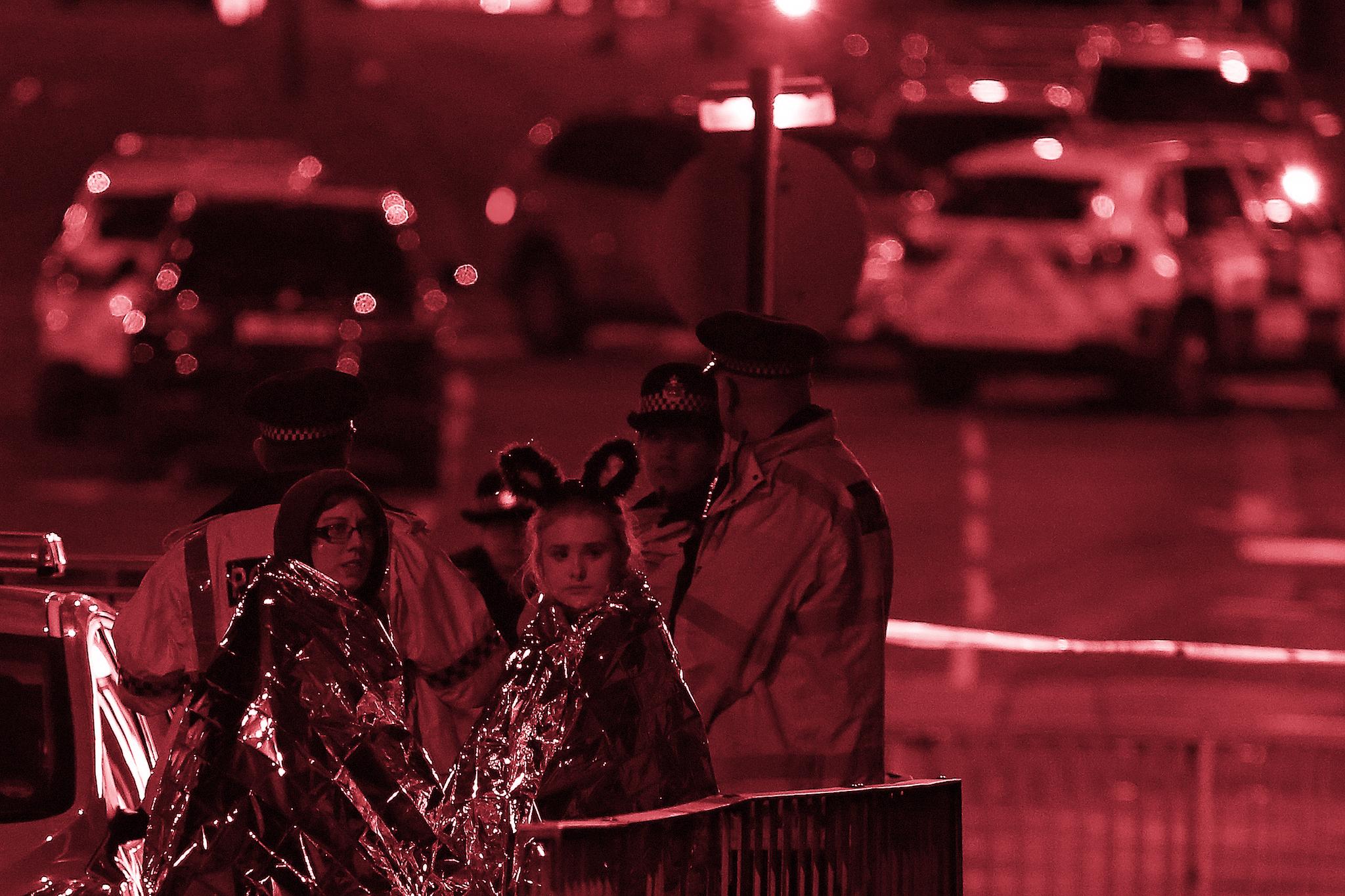Manchester attack: Twitter and Facebook users maliciously share fake images of missing people

Your support helps us to tell the story
From reproductive rights to climate change to Big Tech, The Independent is on the ground when the story is developing. Whether it's investigating the financials of Elon Musk's pro-Trump PAC or producing our latest documentary, 'The A Word', which shines a light on the American women fighting for reproductive rights, we know how important it is to parse out the facts from the messaging.
At such a critical moment in US history, we need reporters on the ground. Your donation allows us to keep sending journalists to speak to both sides of the story.
The Independent is trusted by Americans across the entire political spectrum. And unlike many other quality news outlets, we choose not to lock Americans out of our reporting and analysis with paywalls. We believe quality journalism should be available to everyone, paid for by those who can afford it.
Your support makes all the difference.People are sharing fake images of supposedly missing friends after the Manchester attack.
In the wake of the deadly attack, which has killed 22 people and injured many more, lots of people shared images of friends and family who they were with or who had been at the concert and were now missing. But others still are sharing pictures showing people that are nothing to do with the attack.
Some people are apparently sharing the images specifically as a way of gaining retweets and shares, so that they can increase their reach. One wrote for instance that their cousin's girlfriend was missing after the attack and shared a photo – but another social media user pointed out that she knew the person in the picture in real life and that she wasn't at the concert.
Some of the people shown in the pictures appear to be internet celebrities, many of whom are YouTubers. But others appear to be arbitrarily chosen normal people, who are now having their image shared thousands of times across the internet.
Such images are undoubtedly causing distress for people who see them and may think that people they know are caught up in the attack. The pictures are also getting in the way of the searches for real people.
But they seem also calculated to cause distress to people shown in them – in many cases, they are being used to harass specific people, with malicious social media users sharing pictures of people they don't like. Police often warn against sharing unofficial "missing" posts for that reason – because they can be a way of locating people who don't necessarily want to be found.
(The Independent is choosing not to show the images since they are often being spread as a way of harassing or identifying specific people.)
Police have warned that people should only trust or share information from trusted sources.
The images are just one of the ways that fake and malicious news is spreading in the wake of the attack. There have also been reports of false terror attacks around the country, among other stories.
Join our commenting forum
Join thought-provoking conversations, follow other Independent readers and see their replies
Comments